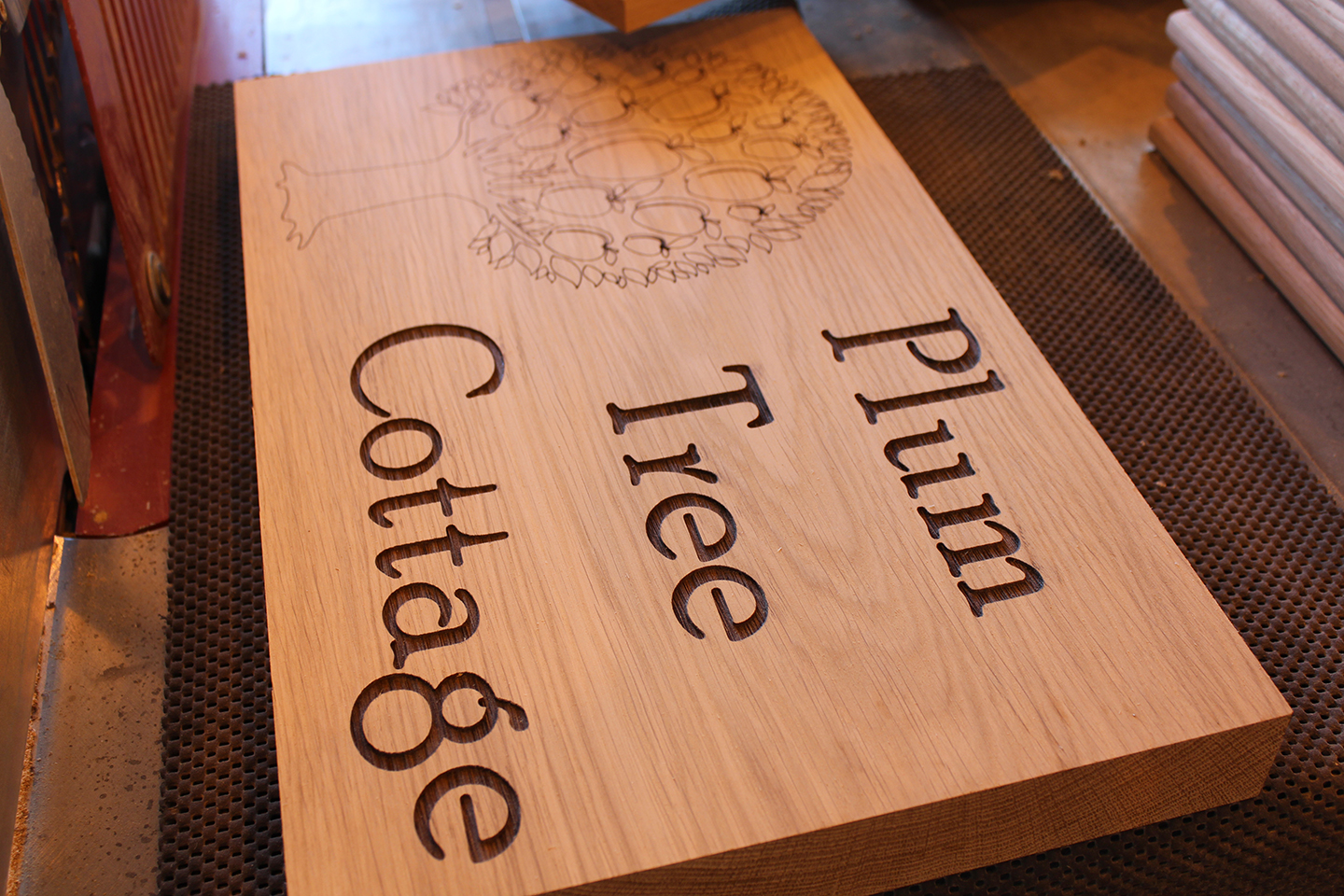Mediators are trusted, neutral people who facilitate a process that is designed to empower the parties involved to recognise and find their own solutions to a conflict. They are the people who sit down with a couple going through a divorce and help the couple come to an agreement, but they are not lawyers. Mediators are simply there to help two parties come to an agreement by asking some of the hard questions.
What are the characteristics of a mediator?
Solution-Focused
Mediators have the primary goal of helping parties to come up with a solution that works well for both of them. Unlike arbitration or law, where an outsider imposes a solution that might or might not fit the situation, mediation allows both parties to come up with a custom-tailored solution. What works in one situation might not work for participants in a similar situation. The solutions are creative and tailored specifically for the individuals involved.
In addition, mediators will ask participants to dig into questions that are designed to help them gain some insight into the conflict. While the insight might be a fortunate side effect of mediation, the goal is to gain insight into a certain situation, not to engage in any type of therapy.
Neutral
Mediators are always neutral in a situation. If the party feels the mediator is not neutral, then they need to discuss it. In order to obtain a solution that both parties can agree to wholeheartedly, they must feel their mediator is not taking sides in a conflict.
Trusted
Mediators must be trusted and respected by both parties in the mediation. If the parties do not trust their mediator, then the mediator is ineffective.
Becoming a Mediator
If you believe you have the capability to remain neutral in a situation and you want to help people who are going through a tough situation, such as divorce, a family conflict, or a professional conflict, then you should take mediation training in Melbourne to become accredited. Without accreditation, you are not able to practice legally as a mediator.
The courses you will take will help you understand how to handle tough situations and how to come to a resolution with the parties involved. You will be taught the ins and outs of responding empathetically, honestly, and openly with your clients. You’ll also learn to shift an interaction from being negative to being constructive, so both parties can come to an agreement.
During these courses, you will be given the opportunity to participate in roleplay scenarios where you help mediate several different types of situations. You will then be given feedback on your performance, and you will be given tips on how to make the process smoother in the future. This feedback from professionals already in the field is invaluable, because there is no better teacher than experience.
Becoming a mediator is about becoming a person people can trust to resolve their conflicts in a fair and honest manner.




